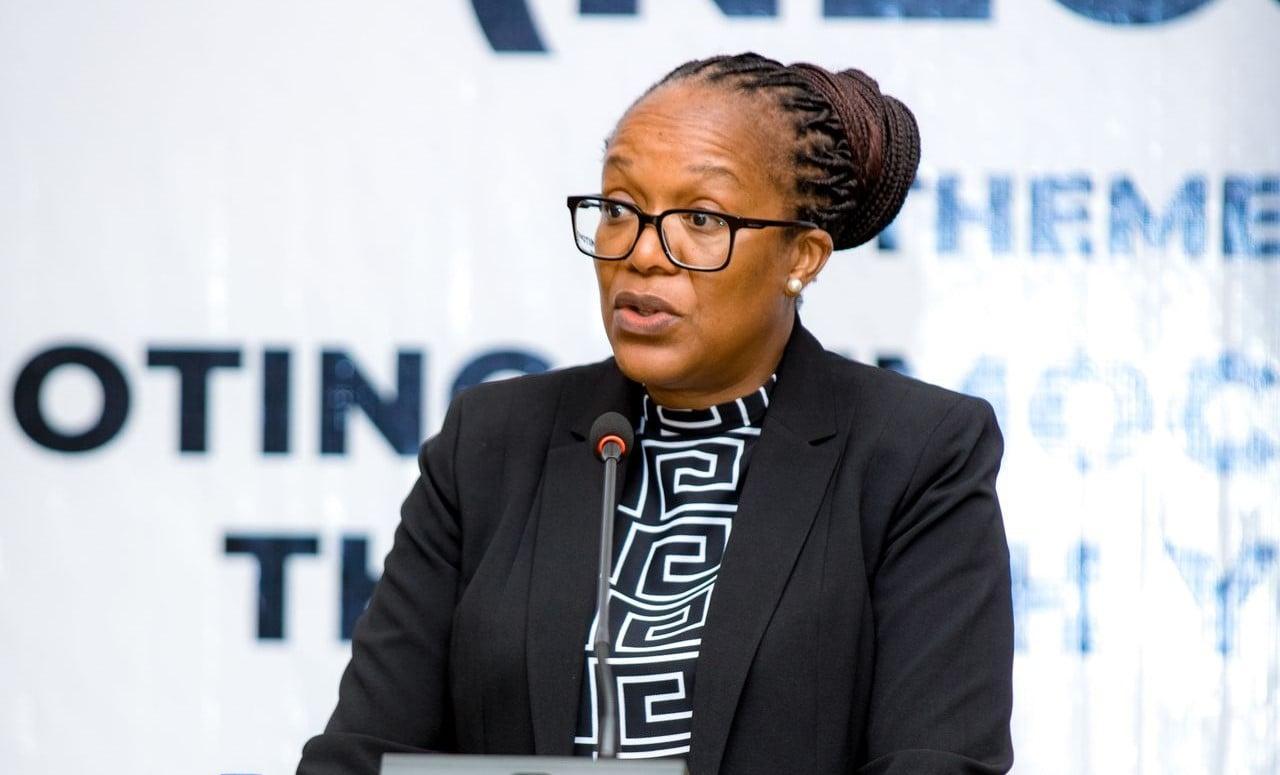Africa-Press – Malawi. While many African nations are embracing civil society engagement as a means of strengthening electoral integrity, Malawi seems to be charting a different course. In stark contrast to Côte d’Ivoire—where election authorities have welcomed independent verification of voter rolls—the Malawi Electoral Commission (MEC) has denied access to its voters’ register to a coalition of domestic civil society organizations.
This decision came in response to a formal request submitted on 2nd May 2025 by Chisankho Watch, a citizen-led coalition consisting of the Catholic Commission for Justice and Peace (CCJP), the Public Affairs Committee (PAC), mHub, and the Gender Justice Unit (GJU). The coalition sought access to the preliminary and updated versions of the 2025 voters’ roll, as well as the final registers from the 2019 Tripartite Elections and the 2020 Fresh Presidential Election, in an analyzable electronic format.
The coalition made it clear that it was not asking for biometric data but only for non-sensitive voter information such as names, dates of birth, sex, residence, national ID numbers, registration numbers, and registration dates. Their goal was to conduct a Voter List Verification (VLV) exercise to assess the accuracy, completeness, and currency of the register—an exercise increasingly recognized across the continent as crucial for public trust in electoral outcomes.
In their correspondence, Chisankho Watch stressed that the information would be handled responsibly, strictly used for verification, and would comply with all applicable data protection and confidentiality laws. They even offered to share their findings with the MEC confidentially before public release, in the spirit of constructive engagement and cooperation.
However, in a letter dated 5th June 2025, MEC rejected the request. Citing Sections 20 and 21 of the Presidential, Parliamentary and Local Government Elections Act of 2023, the Commission stated that access to the voters’ roll was limited to voter inspection during the prescribed period, which was already facilitated through MEC offices and mobile phone platforms.
This response has triggered concern among democracy advocates. Many argue that MEC’s interpretation of the law is overly rigid and contrary to democratic trends across Africa. Côte d’Ivoire, for example, is currently conducting a nationwide VLV exercise in collaboration with civil society, illustrating how electoral commissions and watchdogs can work together to enhance transparency and credibility.
In denying access, MEC emphasized its obligation to safeguard voter data and uphold legal constraints. But critics say this position undermines public trust and civic participation—two key pillars of democratic elections. They argue that voter list verification by independent actors is not a threat to electoral integrity, but a vital safeguard that can identify weaknesses in the system before they lead to conflict or controversy.
The move also raises broader questions about the transparency of Malawi’s electoral process ahead of the 2025 General Elections. Civil society groups like Chisankho Watch play a crucial role in monitoring, analyzing, and informing the public about electoral fairness. Denying them access to a fundamental document such as the voters’ roll limits their ability to fulfill that mandate effectively.
Furthermore, the refusal contrasts sharply with the path Malawi has taken in recent years. Following the historic 2020 Fresh Presidential Election—hailed as a triumph of judicial independence and democratic resilience—Malawi had emerged as a continental example of electoral reform. Many expected the 2025 elections to build on that momentum. Instead, MEC’s decision is seen by some as a regression.
This is not to argue that legal provisions should be ignored. Rather, laws should evolve in ways that support democratic deepening, not restrict it. In an age where data-driven analysis is essential for transparency, withholding even non-biometric voter information appears outdated and counterproductive.
Ultimately, while Côte d’Ivoire opens up its electoral systems to civil society scrutiny, Malawi is slamming the door shut. This divergence raises serious questions about the direction of electoral governance in the country and how committed its institutions are to citizen inclusion and accountability.
If MEC’s current stance persists, Malawi risks missing an opportunity to demonstrate to its citizens and the world that it is ready to embrace modern, transparent, and participatory electoral processes. The credibility of the 2025 General Elections may very well hinge not just on how votes are cast and counted, but on how open the process is to those who seek to guard it on behalf of the people.
For More News And Analysis About Malawi Follow Africa-Press






